2016 Rio Summer Olympic Games
The World Anti-Doping Agency (WADA) has expressed disappointment over the International Olympic Committee’s (IOC) decision not to ban all Russian athletes from competing in the Rio Olympic games.
WADA in a statement on Sunday said while it acknowledged the decision by the IOC’s Executive Board asking International Federations to deal with the selection of Russian athletes for Rio 2016, it stands by its Executive Committee’s recommendations of 18 July.
WADA acknowledges IOC decision on Russia, stands by Agency’s Executive Committee recommendations: https://t.co/sEJyjNauzk
— WADA (@wada_ama) July 24, 2016
The IOC on Sunday indicated it would not impose a blanket ban on Russian athletes over the country’s doping record but would instead leave the decision on individual athlete participation to their respective sports federations.
WADA’s push for a blanket ban was influenced by a report produced by Canadian law professor, Richard McLaren which found evidence of widespread state-sponsored doping by Russian athletes at the 2014 winter Olympics in Sochi.
WADA president Craig Reedie in a statement said the agency was “disappointed that the IOC did not heed WADA’s Executive Committee recommendations that were based on the outcomes of the McLaren Investigation and would have ensured a straight-forward, strong and harmonized approach”.
The McLaren report the statement noted “exposed beyond a reasonable doubt, a state-run doping program in Russia that seriously undermines the principles of clean sport embodied within the World Anti-Doping Code”.
Spokesperson for the IOC, Mark Adams in June, stressed the Committee’s commitment to ensure the Rio Olympics was clean saying: “The IOC will not hesitate to punish anyone within its reach responsible for using or providing doping products or methods, including officials, coaches and other members of the athlete’s entourage”.
Doping statistics from WADA, or everything you wanted to know about doping but were afraid to ask
— Robin Monotti (robinmonotti) July 25, 2016
viamarizar_udpic.twitter.com/D7dVK9xi7q
WADA Director General Olivier Niggli criticised the outcome the IOC’s latest stance.
“While WADA fully respects the IOC’s autonomy to make decisions under the Olympic Charter, the approach taken and the criteria set forward will inevitably lead to a lack of harmonization, potential challenges and lesser protection for clean athletes,”Niggli said.
He also questioned why the IOC would not allow Russian whistleblower Yulia Stepanova to compete as an independent athlete in Rio.
Stepanova who blew the lid on Russia’s doping programme was earlier this month cleared by the athletics governing body, the International Association of Athletics Federations (IAAF) to compete as a neutral athlete in Rio, for her role in exposing doping in her country.
But the IOC has ruled that the 800m runner who served a two-year drug ban between 2011 and 2013 cannot compete in Rio due to a new regulation that prohibits any Russian who has previously served a doping ban from competing.
“WADA is concerned by the message that this sends whistleblowers for the future,” Niggli said.
Following the IOC’s verdict, international sports federations will now be required to carry out individual analysis of the doping record of all Russian athletes wishing to compete in Rio and clear them to enable them compete.
It is not yet clear if this can be done in good time to allow the Russian athletes participate in the summer games which opens on August 5 in Rio.



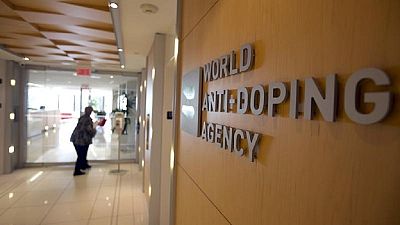

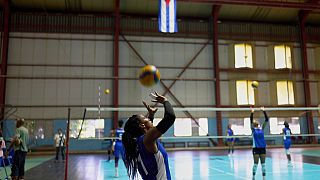

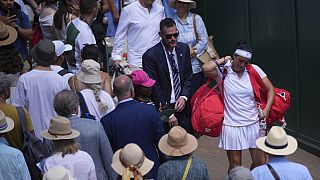
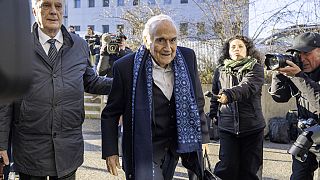
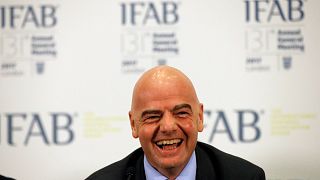
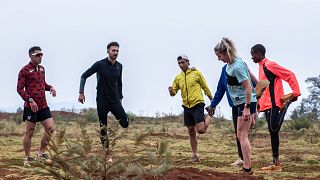



00:45
Tennis champion Iga Swiatek accepts a one-month suspension in doping case
00:59
Kenyan athlete Kipyegon Bett dies at the age of 26
01:01
Paul Pogba's 4-Year doping ban reduced to 18 months
Go to video
Paris 2024 Olympics: Congolese sprinter tests positive for steroid
01:14
Anti-doping agency says it can't guarantee Olympics will be clean
00:48
10K world record holder Rhonex Kipruto banned for 6 years in doping case